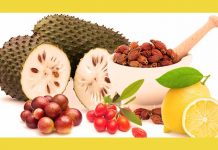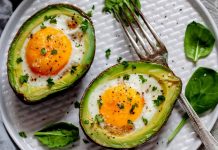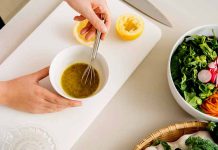
There are innumerable conflicting concepts related to nutrition across the world. Different nutritionists have different opinions about the same type of healthy foods. For instance, some think that soy is healthy, while others consider it nothing less than a poison. Likewise, a few believe that fruits are good for health, whereas several nutritionists say that they are packed with too much of sugar; hence, unhealthy. Also, when it comes to dairy, some don’t recommend, but for many, Greek yogurt is extremely healthy.
All this clashing information is so confusing that you might question yourself – is there is anything left that is healthy on this planet and, what to exactly eat or avoid then? Well, you need not worry anymore as here we have listed some foods that most nutritionists and doctors consider as healthy and you can have them without being skeptical about them:
1. Blueberries
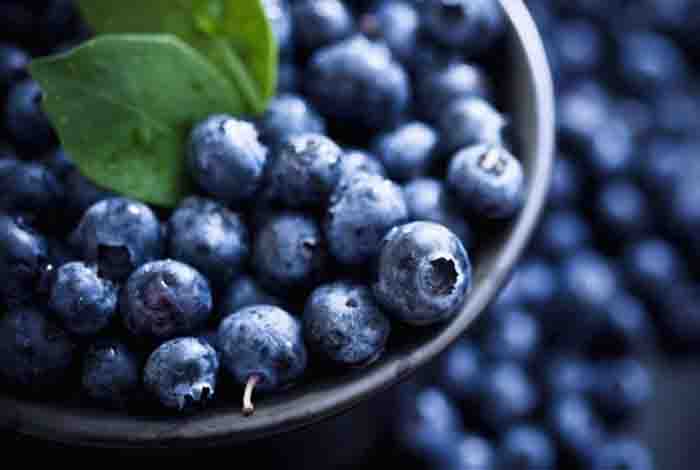
Most nutritionists agree up on the nutritious power of blueberries. Michelle Babb, a dietitian and the author of Anti-inflammatory Eating for A Happy, Healthy Brain, says that there are approximately 15 phytonutrients present in blueberries.
All these phytonutrients are effective antioxidants that protect almost every system in the body. Antioxidants protect against cell as well as muscle and tissue damage. These are also important for brain health, exercise recovery and cardiovascular health.
Additionally, blueberries offer healthy carbs and are rich in fibres. According to Dana James, a nutritionist, blueberries help in weight management and boost digestion. They also contain a lot of minerals and vitamins, including iron, zinc, magnesium, calcium, potassium and vitamins A, C and K. Blueberries have many health benefits and help build and maintain strong bones, and fight off cancer and heart disease.
2. Green Leaves
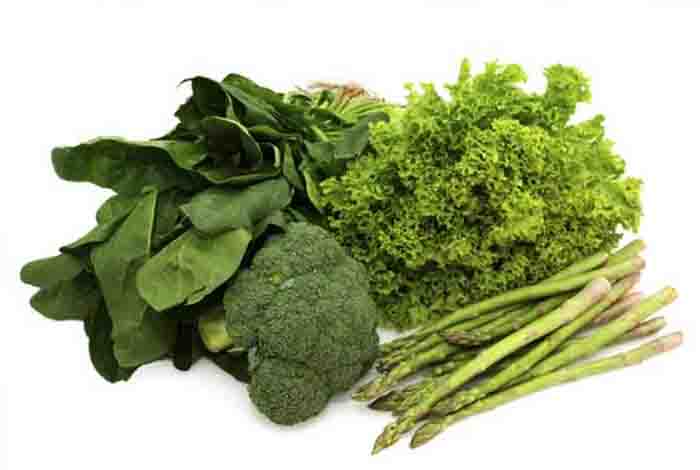
Dark leafy greens, including spinach is another category of foods that any nutritionist will approve. Shipa Ravella, a gastroenterologist and nutrition specialist at Columbia University Medical Center, mentions that green leaves are low in calories and packed with nutrients. Green leaves contain vitamin A, C and K, potassium, magnesium, folate, iron, calcium, fiber and lutein. Kale is admired by almost all the nutritionists worldwide.
They contain antioxidants that help protect against many diseases like heart disease and cancer. Kale also helps in lowering the cholesterol level, which is good for the heart. Leafy greens promote gut and liver health and are considered as a detox food.
3. Avocados
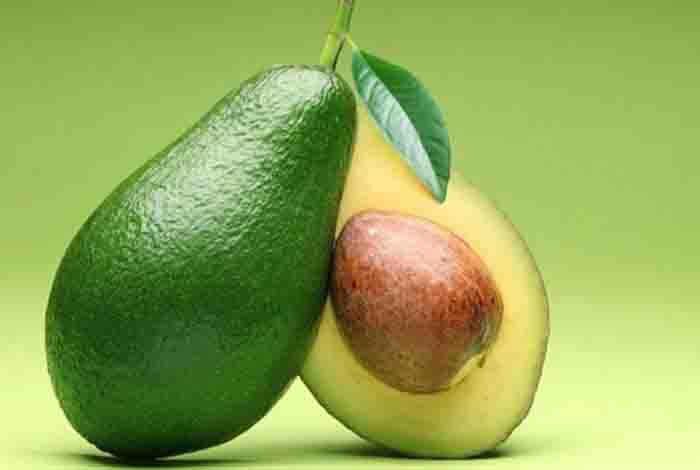
Nearly all nutritionists believe that avocados, which are good for heart health, are one of the healthiest foods in the world. It is loaded with in vitamin C, K, B5 and B6 and minerals. They consist of more potassium as compared to bananas. They are fiber rich and helps maintain healthy digestion.
The mono-saturated fats present in avocados protect cell membranes. It protects cell damage from free radicals. Hence, avocado improves skin, brain function and gives more energy. Carolyn Dean of the Medical Advisory Board member of the Nutritional Magnesium Association, says that avocados contain 42 mg of magnesium per cup, which is an important nutrient, which many us are deficient of.
When you buy avocados, look out to select blackish green, pebbly skin avocados as these contain healthy fats and are low in carbohydrates as compared to the ones that are smooth and bright green. You can add avocados in many ways in your diets – as salad, ice cream or smoothies.
4. Beans
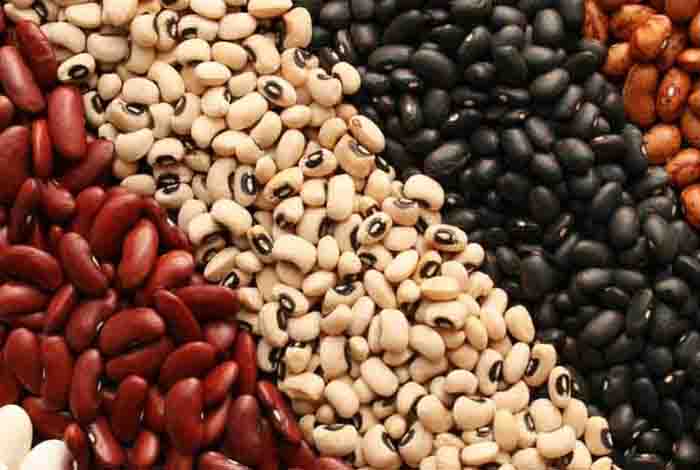
Nutritionist asserts that beans are “powerhouse of nutrition.” Vandana Sheth, a registered dietitian, mentions that beans are a very good source of fiber and plant-based proteins, and can also help in lowering cholesterol level, weight management and controlling blood sugar. Beans are also very beneficial for the digestive system. Beans are a good source of magnesium, iron, zinc and potassium.
5. Garlic
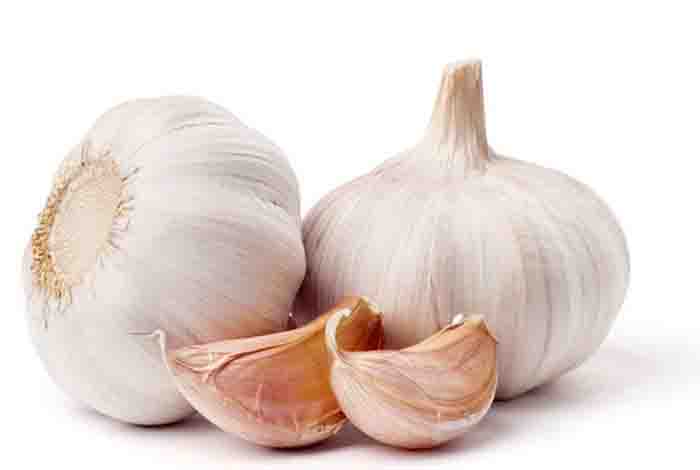
Garlic is another food, which is recommended by almost all nutritionists. It is considered as one of the natural superfoods, which contains allicin – a phytochemical with many medicinal properties.
Garlic is good for fighting against infection caused by virus, bacteria and fungi. Moreover, it can lessen the effects of common cold. It also reduces cholesterol and blood pressure. It contains low calories with high levels of minerals and vitamins like vitamin C and B6, and manganese. In order to increase its effectiveness, it should be taken in the crushed raw form. Allicin is more effective when it is not overcooked.
6. Lemon
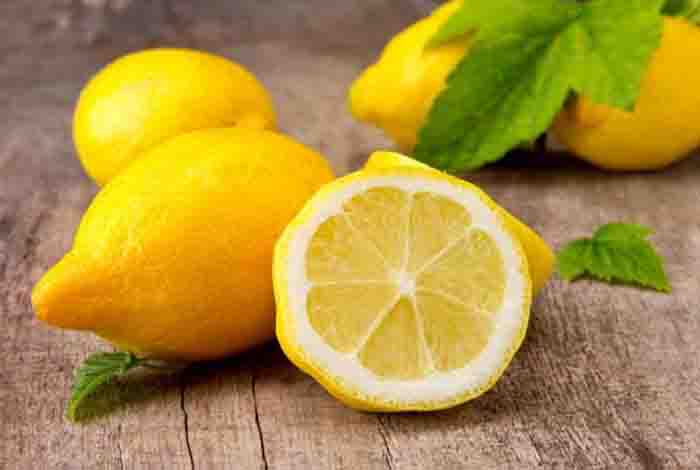
It is probably hard to find a nutritionist, who has trouble with lemons. It contains very important vitamins and minerals that help improve our immune system and digestive health. It also beneficial for the health of skin and hair. The vitamin C present in lemons help produce collagen and protects the skin against free radicals that cause cell damage and can even lead to cancer. The nutrients present in lemon help maintain good cholesterol level and decrease inflammation. Sprinkling lemon juice on salads is a great way to replace all those calorie-packed dressings.
7. Chia Seeds
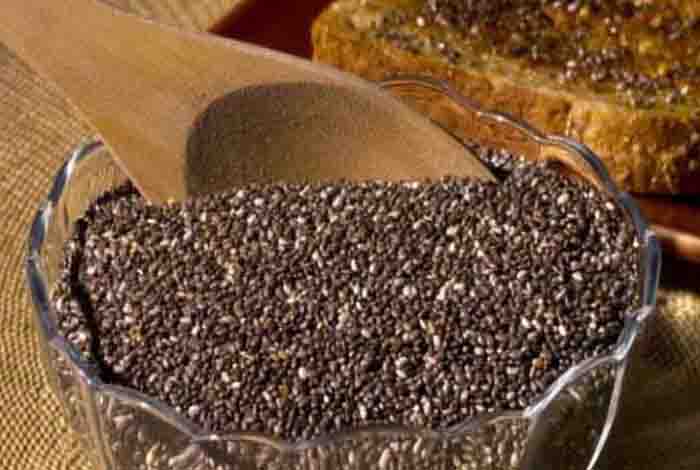
Chia seeds have been recently included in the list of healthy foods. These have antioxidants and omega-3 fatty acids that help maintain overall health. These contain 40% fiber and hence, it is one of the important sources of digestive fibers. These seeds help you feel saturated, maintain normal weight and boost digestion. Additionally, chia seeds can promote bone health since these are rich in magnesium and calcium. You can consume them in the form of a smoothie or sprinkle them on your cereal.
8. Sprouts
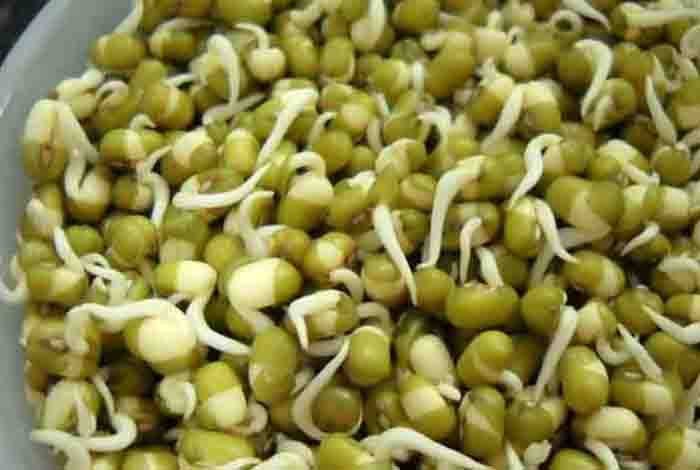
Hard to believe, but almost all nutritionists agree with the nutritional quality of sprouts. It constitutes 10-14 times more nutrition than a full-grown vegetable. Sprouts contain lots of sulforaphane, which is a biochemical nutrient. It increases the number of anti-cancer enzymes in our body. You can grow sprouts on your own and so, you have them, whenever you want, in the form of wraps and salads. They are very easy to grow and require very less space without the need for sunlight. Alfalfa is very tasty to eat and grow. Sprouts may include mung, pea, clover and radish.
9. Quinoa
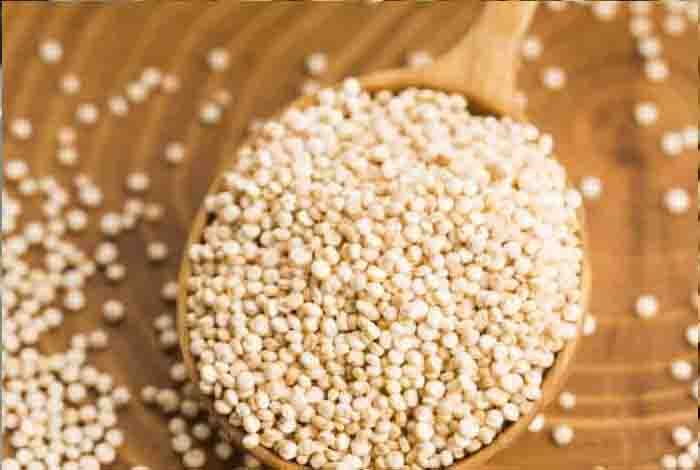
Quinoa is a wonderful source of plant-based protein and lies in healthy foods category. It is a complete protein and includes all the nine essential amino acids needed for ideal nutrition. It is high in gluten-free protein and has a satisfactory flavor and texture. Additionally, it contains nutrients like manganese, fiber, magnesium, vitamin B and riboflavin that assist the body to convert the consumed food into energy. Many nutritionists also suggest replacing rice with quinoa in daily diet.
10. Wild Salmon
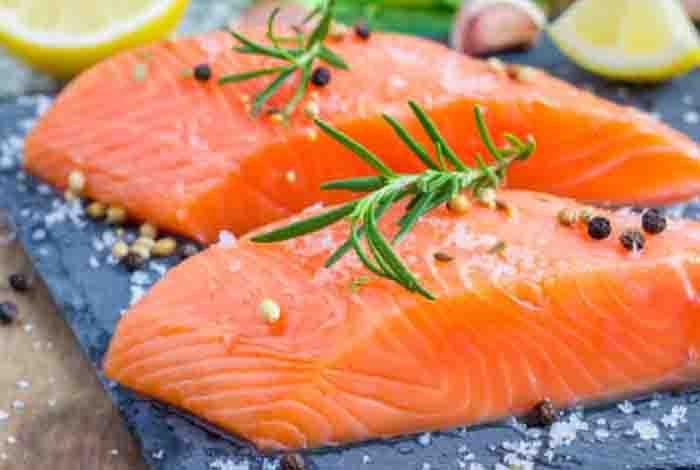
Well, this is one seafood, which all the nutritionists praise as one of the most effectivaly healthy foods. Wild-caught salmon is rich in omega-3 fatty acids. It contains less of toxins like polychlorinated biphenyls (PCBs), which is generally high in farm-raised salmon, as suggested by Barry Sears, founder of the Zone Diet and author of The Zone series. Omega-3s are important as they decrease the risks related to heart disease and help maintain good cholesterol levels. It also aid in reducing the symptoms of depression, and fights against cancer. Salmon also contains amino acids and vitamin B and considered as an ideal protein for glowing skin and toned muscles.


